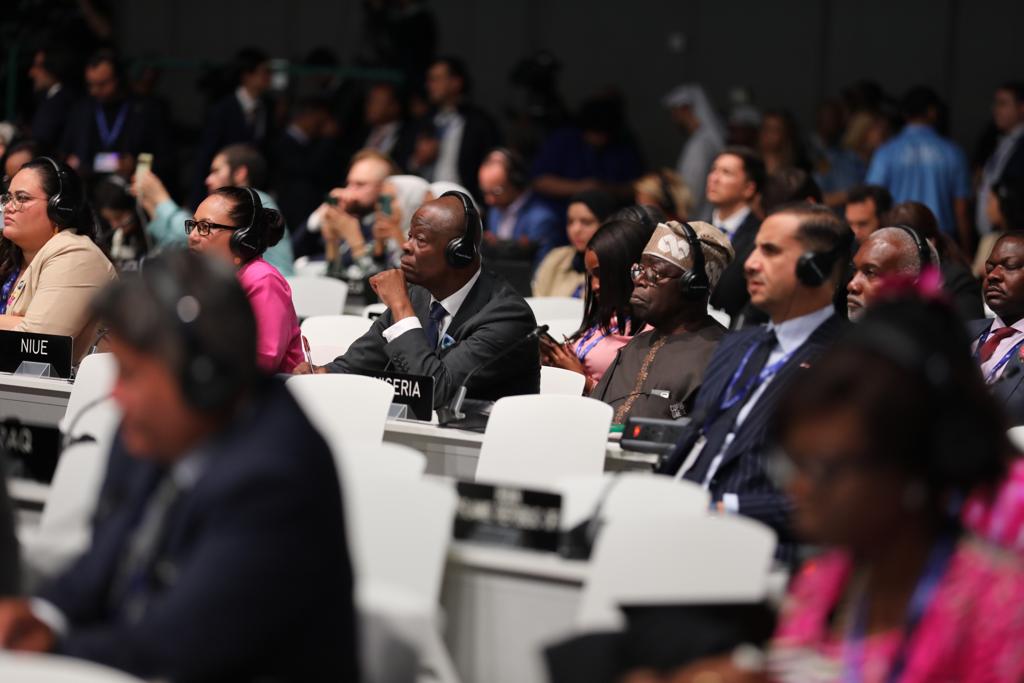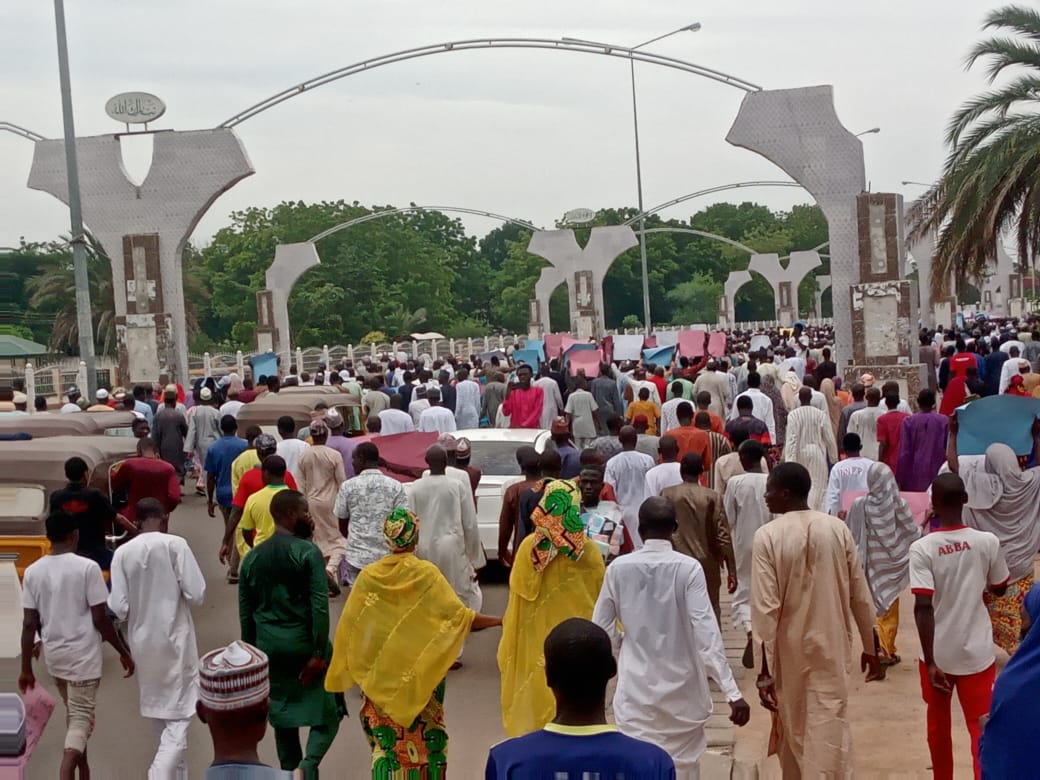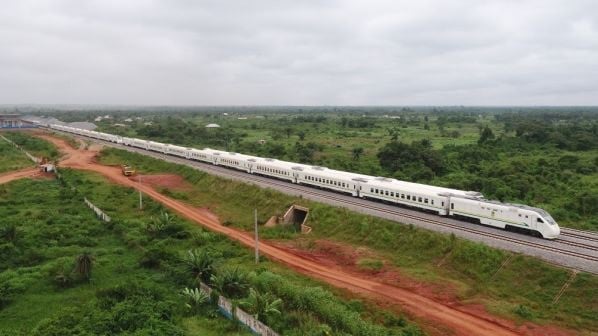The CBN governor, Dr Olayemi Cardoso in his speech at the 2023 Banker’s dinner on Friday night indicated that there was a need to increase the capital base of banks operating in the country. In his words, he said “while there has been stability in the banking sector, banks in the country were not adequately capitalized to meet the needs of a $1 trillion economy which the present administration is trying to achieve”. Thus, indicating that banks operating in the country will soon be asked to increase their capital base.
Also, when we consider the fact that the N25 billion minimum capital base stipulated during the last bank re-capitalization exercise which was equivalent to $187 million then is worth only $32.5 million today, we realize that the industry as a whole has fallen short of the standards set for it in 2005.
While asking banks to re-capitalize is quite desirable given the devaluation of the naira and high rate of inflation in recent years, it will be advisable that the CBN takes a different approach to the exercise this time around taking into cognizance the current circumstances of the Nigerian banking industry which has become a lot more democratized as a result of technological innovation, demographic demands and the weak state of the economy which will inhibit any capital raising exercise.
However, it is not enough to ask banks to recapitalize, the ultimate goal is for them to have increased capacity to positively impact the economy of the country for the benefit of the people. While the last bank capital raising exercise was deemed to be a success which attracted about $3 billion in additional equity into the Nigerian banking industry, the real benefit of a stronger financial services industry was not felt by majority of Nigerians because as of today only about 3% of Nigerians have access to bank loans which is roughly the same as what obtained before the bank consolidation exercise.
Advertisement
One of the biggest problems inhibiting the growth of the Nigerian economy is the fact that most entrepreneurs don’t have access to bank loans and this was one of the issues that the bank recapitalization exercise of 2005 was meant to address. However, despite the success of the capital raising exercise, there was no increased flow of credit to Small and Medium Scale Enterprises (SMSEs). Rather the government’s appetite for bank credit through Treasury bills and government bonds escalated to take advantage of the increased capacity of our banks.
As a result of this, up to 70% of the loans given out by the banking industry are to government at various levels and this has led to the private sector being crowded out of the money market. That said,most of the loans given to the private sector are to blue chip companies and multinational corporations thus leaving very little to support the growth of SMSEs in the country.
For the proposed bank recapitalization exercise to have the desired effect of helping to grow the economy, there must be policies put in place to ensure that banks are incentivized to increase their lending to SMSEs (especially the productive sector) while government’s dependence on the money market should be reduced to ensure that more funds are available to the private sector to finance the growth of the economy.
Advertisement
Prior to the bank capital raising exercise of 2005, the categories of banks we had were limited to commercial and merchant banks which became unified by the universal banking license under which the 25 billion Naira minimum capital base was stipulated. Today, we have several categories of banks catering to various niches and it would be impractical to set the same minimum capital base for them as was done in 2005.
Unlike in 2005, we now have banks categorized into National and regional banks, interest paying and none interest banks. We also have banks licensed as Mobile Money Operators, Payment Servies Banks, Micro Finance Banks and even POS operators who provide banking services to the public. Given the democratization of the banking industry since the last bank recapitalization exercise, it is imperative that the CBN takes a different approach to the proposed exercise so as not to destabilize the industry.
Rather than take rigid approach of insisting on a blanket minimum capital base for all banks which led to a lot of jobs losses in the industry then, I believe that this time around banks should be incentivized to increase their capital base while given the freedom to play at whatever level they are capable of within the industry. The CBN can for instance reduce the Cash Reserve Ratio and Capital Adequacy Ratio while increasing access to forex for higher capitalized banks to encourage banks to raise their capital to the desired levels.
In all this we must not forget that the ultimate goal of the bank recapitalization exercise is to accumulate additional capital to finance the growth of the economy and this can only be achieved through significant increases in to credit by the private sector. Thus, while we are incentivizing the banks to increase their capital base, we must also be incentivizing them to increase their lending to the public while also building a credit culture in our society to ensure that the system is not abused by the public who are supposed to be the ultimate beneficiaries of the bank recapitalization exercise.
Advertisement
Oshobi, a development economist, management consultant and author writes in from Lagos.
Views expressed by contributors are strictly personal and not of TheCable.
Add a comment







